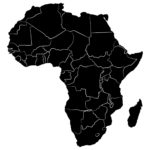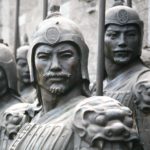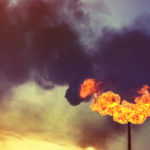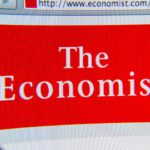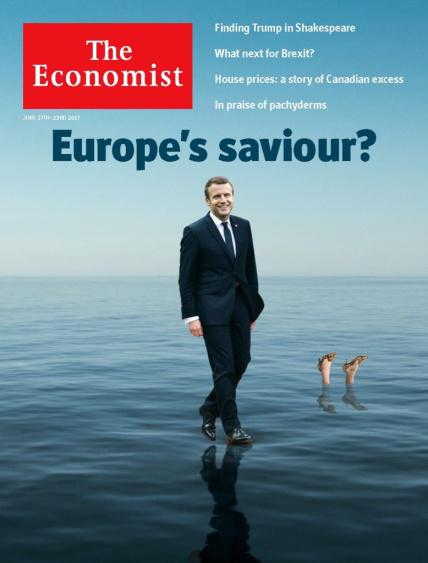An exclusive interview with Anna Bono for Gefira
Guest author: Daniel Moscardi
GEFIRA asked in an exclusive interview the opinion of an expert on Africa about the current situation in Italy, about the “asylum seekers” coming mostly from sub-Saharan countries. Professor Anna Bono recently made headlines in Italy with a book that completely debunks the ongoing narrative of “poor Africans” running away from starvation and knocking on wealthy Europe’s doors through Sicily or other ports of southern Italy.
Prof. Anna Bono has been a researcher in African history and institutions at the University of Turin until 2015 after living many years in Africa. She has collaborated as an expert on Africa with a number of Universities and Institutions, including the Italian Ministry of Foreign Affairs, and written over 1600 articles, essays and books on topics such as international relations and cooperation with Africa, as well as demographics and migrations.
GEFIRA: Can we identify one of the more specific events as the beginning of the ongoing biblical numbers arriving in Italy?
ANNA BONO: It all started with the removal of Qaddafi. Qaddafi, bound by the 2008 treaty of cooperation with Italy, implemented an effective control of Libyan coasts, thus preventing the departure of migrants from other African countries. The numbers of arrivals of Africans to Italy prior to Qaddafi’s overthrow were manageable; moreover, they were not organized as they are today. It is important to remind Europeans that Libya prior to 2011 was a relatively wealthy and stable country, hosting approximately 1 million foreign workers mostly from sub-Saharan Africa. When the civil war broke out, some of these foreign workers went home, but the majority started to look for ways of crossing over to Italy.
G: Could we define the current demographic growth of Africa as “unsustainable”?
AB: Not necessarily. Africa, remains, after all, the least populated of all continents. The bottom line is all about Africa’s resources. The way these huge natural resources continue to be mismanaged – to say the least – is at the core of every possible discussion about the continent. The economic policies of most African governments fall short of any real accomplishment, with the result that only a fraction of the population receives any benefit, with corruption, deeply ingrained in most African countries, remaining as the chief obstacle to a serious and harmonized growth. Thanks to institutionalized corruption, Africans are literally squandering away their resources. One example: Africa exports oil in huge quantities, but then lacks refineries, and therefore imports refined fuel.
G: Most corrupted countries? Continue reading

